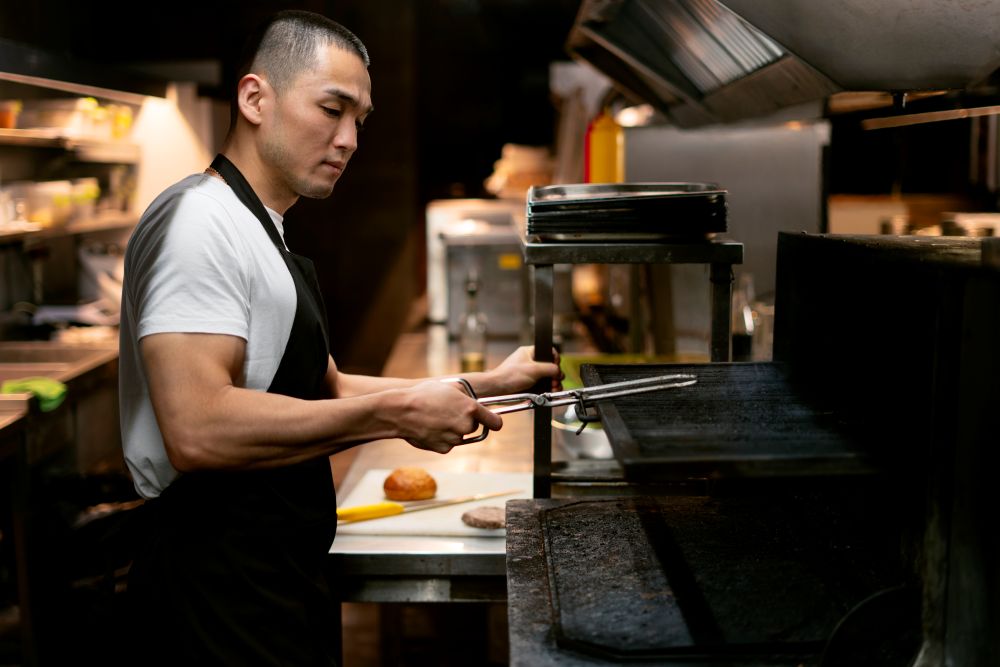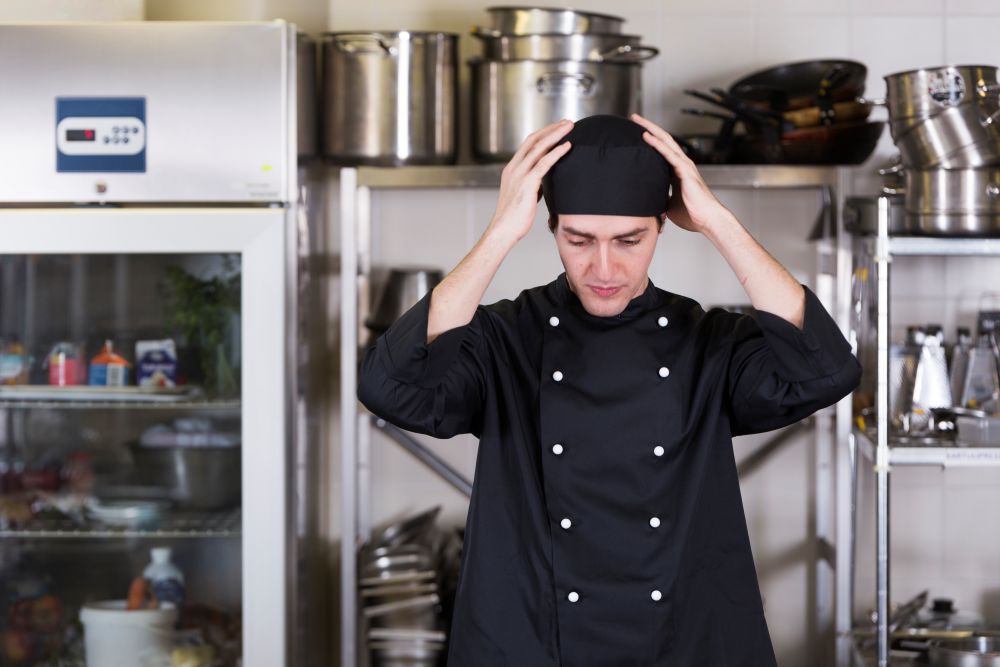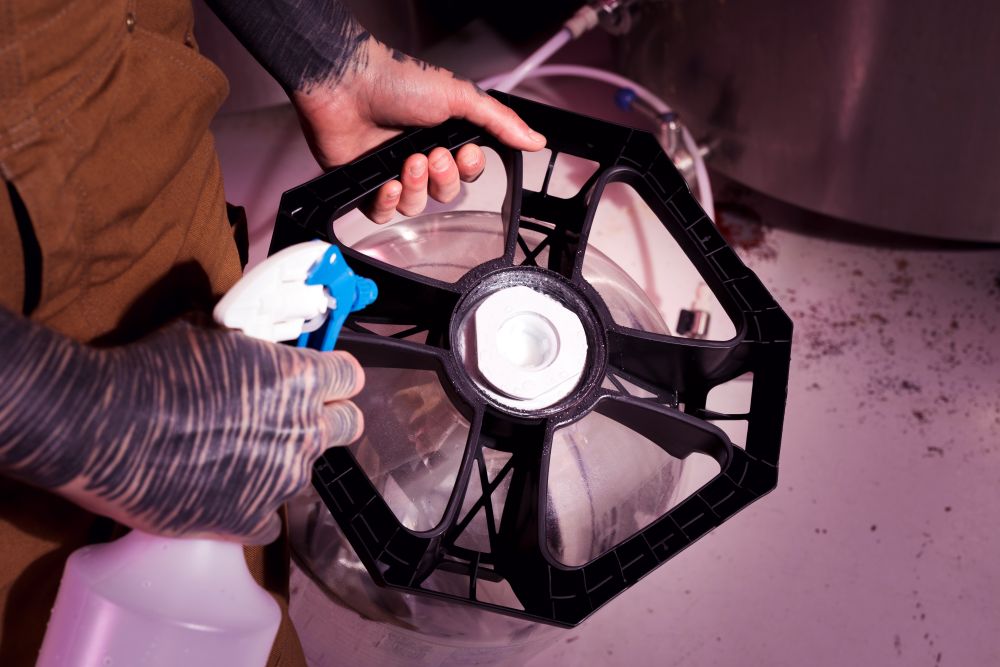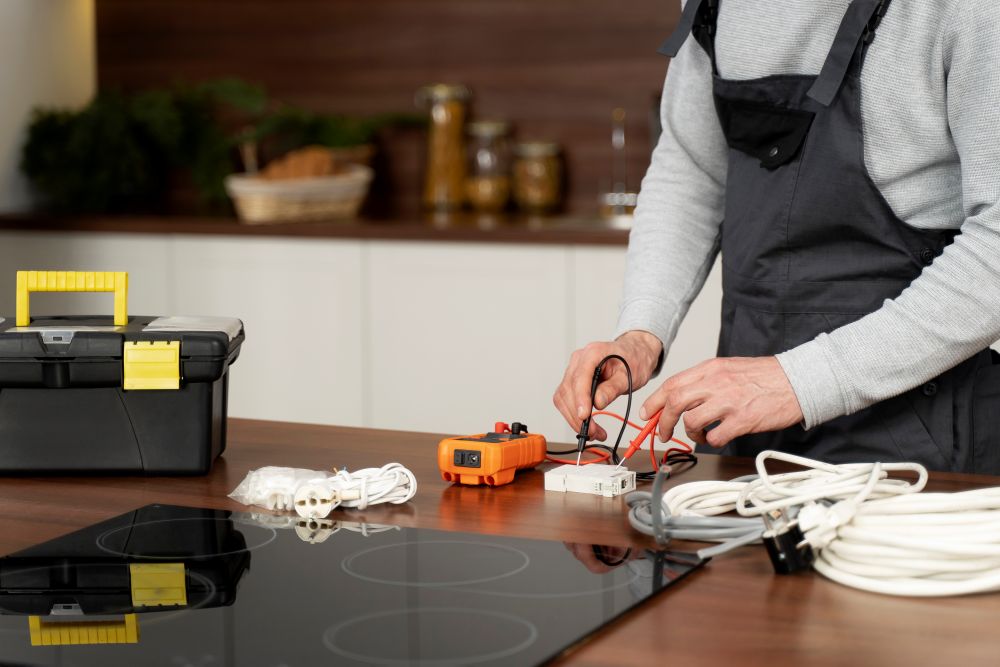The 7 Common Causes of Commercial Kitchen Equipment Failure
Running a commercial kitchen means relying heavily on your commercial kitchen equipment—day in and day out. From refrigeration units to ranges, these machines are the backbone of every operation. But even the most durable equipment can break down if not properly maintained or used.
Knowing the underlying causes of equipment breakdown can save your restaurant thousands in repair and lost business. In this piece, we’ll discuss the 7 most frequent causes restaurant equipment fails—and how to prevent them.
Reputable vendors such as Bravo Kitchen Equipment stress not merely selling high-performance commercial kitchen equipment, but also teaching customers about appropriate care and use. After all, longevity results from the appropriate habits, not merely the correct tools.
Table of Contents
1. Absence of Preventive Maintenance

Most restaurant equipment does not break down overnight—it breaks down after years of wear and tear. One of the most common offenders is ignoring regular maintenance. Clogged filters, aged-out gaskets, or dirty burners all contribute to surprise breakdowns.
What to do:
Establish a maintenance schedule for every piece of equipment. Many Bravo Kitchen Equipment models include detailed service guides—utilize them to get ahead of issues.
2. Incorrect Installation
Doing it yourself or having untrained assistance can lead to poorly aligned machines, incorrect electrical connections, or inadequate ventilation—premature failure.
What to do:
Have your equipment properly installed by a qualified technician. Bravo Kitchen Equipment provides installation support for long-term performance and safety.
3. Overuse or Misuse

Operating equipment outside of its original design intention or capacity results in quicker wear and tear. Overloading a mixer, for instance, or banging on refrigeration doors can harm internal components.
What to do:
Educate your staff on how to handle equipment properly. Bravo Kitchen Equipment manufactures commercial appliances that take high volumes, but proper treatment still matters.
4. Ignoring Warning Signs
Dripping water, odd sounds, uneven heating—these are all warning signs. Ignoring them typically results in larger, more costly problems.
What to do:
Prompt employees to report any unusual activity right away. Responding quickly can prevent costly breakdowns and lengthy downtime.
5. Filthy or Clogged Filters and Parts

From grease filters on ventilation hoods to crumb trays on toasters, clogged parts decrease performance and may heat up or disable equipment.
What to do:
Implement cleaning checklists as a part of daily closing responsibilities. Bravo equipment features removable parts for effortless maintenance and cleaning.
6. Water Quality Problems
Mineral deposits from hard water can wreck steamers, ice machines, and dishwashers. It inhibits flow, rusts parts, and decreases efficiency.
What to do:
Implement water filtration systems where necessary and descale frequently. Bravo Kitchen Equipment frequently suggests water treatment add-ons for susceptible machines.
7. Power Surges and Electrical Problems

Unstable power can ruin sensitive electronics on ovens, refrigerators, and dishwashers. It will even fry circuit boards irrevocably.
What to do:
Employ surge protectors and make sure your electrical systems are installed professionally. Bravo’s technical staff can assist with checking for compatibility and safety at installation.
Frequently Asked Questions of Commercial Kitchen Equipment Failure
How frequently do I need to service my restaurant equipment?
Most equipment will need to be serviced at least every 6 months, but high-use equipment might require quarterly inspections. Always refer to the manufacturer’s instructions or discuss with your supplier, like Bravo Kitchen Equipment.
What is the most frequent cause of failure for restaurant equipment?
The most frequent cause is inadequate preventive maintenance — dirty filters, undetected leaks, or neglected wear and tear that create larger issues over time.
Can faulty installation actually harm new equipment?
Incorrect electrical connections, gas fittings, or unbalanced installation can cause malfunctioning, inefficiency, or even render warranties invalid.
How do I know if equipment is beginning to fail?
Watch for indicators such as:
– Unusual sounds
– Leaks or drips
– Fluctuating temperatures
– Slower performance
– Warning lights or error codes
– These initial warnings should never be dismissed.
Is hard water really a problem for restaurant equipment?
Hard water promotes mineral deposit buildup that can plug interior parts, lower efficiency, and ruin parts in ice machines, dishwashers, and steamers.
Do all commercial kitchens need surge protectors?
Particularly for appliances with delicate electronics such as ovens, refrigerators, and POS equipment. Power surges can cook circuit boards in seconds.
May incorrect use of equipment reduce its lifespan?
Overloading a mixer, banging fridge doors, or using fryers without sufficient oil are all instances of incorrect usage that can result in quicker breakdowns.


